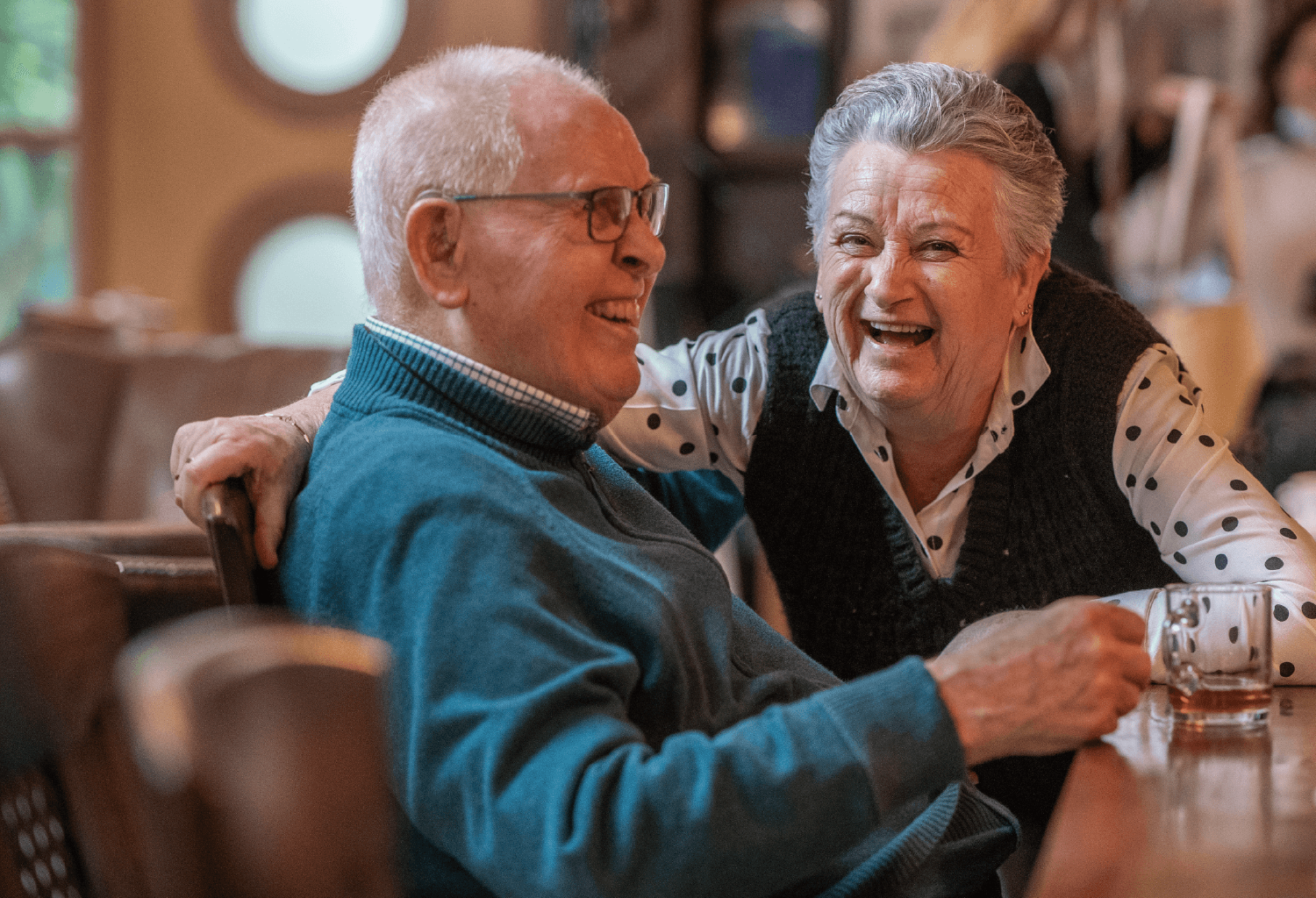Fighting memory loss? Here are our tips
Many of us are aware that memory deteriorates with time. You may have noticed it in your parents, an elderly neighbour or yourself. You forgot to buy that one crucial ingredient for your recipe, you have to search for hours for your keys or you didn't congratulate your niece on her birthday. What can you do to reduce these incidents and combat memory loss? We have listed our tips for you.
1. Get enough exercise
This can not only prevent memory loss, but can even make memory better! Exercise allows oxygen-rich blood to flow more easily to the brain, which in turn stimulates the production of new brain cells.
2. Get a good night's sleep
It is very important to let your body rest a lot and rest well. Your brain uses your sleep to process all the day's impressions and resets for the day ahead.
3. Learning something new or a new environment
Learning a language or a new skill is very good for your brain. A new environment, for example on holiday, is also stimulating. You make new connections between brain cells. Challenging your brain makes it function better and processes information faster.
4. Playing games
Although not (yet) scientifically proven, it is an easy way to keep challenging your brain when you don't have time to learn a new hobby or language.
5. Chew!
Perhaps a surprising tip, but chewing your food properly is not only good for your stomach, but also for your brain. Chewing makes your heart beat faster, which means your brain is better supplied with blood. You can think of chewing as a mini workout for your heart!
These tips and many other ways to stimulate the brain from outside or inside, such as eating healthy or reducing stress, will not only help your memory, but also your intelligence, responsiveness and concentration. When you stimulate your brain you are doing 'cognitive enrichment'.
Unfortunately, cognitive enrichment does not guarantee a flawless memory, because forgetting something now and then is quite normal. It also varies from person to person. In particular, spatial orientation (remembering where you put your keys, or the route home from the dentist) and remembering names, dates, places, facts and events becomes more difficult with age. This is due to structural changes in the hippocampus and other parts of the brain during aging. The hippocampus is the brain structure involved in processing and recalling memories, among other things. However, you can slow down this age-related decline in memory by continuing to challenge your brain.
Cognitive enrichment: expose yourself to stimuli
What do you need to know? Exposing yourself to a variety of external and internal stimuli ensures that the nerve cells in your brain remain active and the connections between them become stronger or persist. But unfortunately, this principle (activity dependent plasticity) also works the other way round. If you do not stimulate your brain, your nerve cells become less active and connections are lost.
In this way, cognitive enrichment ensures that you build up a 'cognitive reserve', keeping the brain fit for longer. This reserve also ensures that strong connections are made between nerve cells in other places in the brain. These in turn can take over tasks if something goes wrong in certain brain areas.
Secret tip
Research by Tyler J. Dause and Elizabeth D. Kirby on 'aging gracefully shows that there are several factors that allow you to age gracefully. Animal research shows that an environment with novel stimuli causes new nerve cells in the hippocampus to last longer and that (aerobic) exercise causes chemicals to be produced in the hippocampus that support nerve cell survival. So, tips 1 and 3. However, there appears to be another factor that is important in the process of counteracting cognitive decline, and this 'tip' you don't often hear.
Sociability against memory loss
The tip? Social participation. Studies show that people with high levels of social participation show healthier hippocampal (and memory) function. It also shows the opposite: long-term studies show that people with low levels of social participation in society at a younger age are more likely to suffer memory loss as they get older.
The key here is not so much that you have many different social interactions in a day, but mainly that you are part of a group, with which you can have valuable social interactions. This is because group activities often involve all three components (a new environment, exercise and social interaction). Consider, for example, cycling together with Bike Labyrinth. You challenge the brain with new and different cycling routes, you are exercising and by cycling together with care staff, other residents or visitors, so you are also immediately socially engaged. In this way, Bike Labyrinth can play a role in creating a safe but stimulating environment for the elderly.
Deploy social activities
Engaging in social activities thus ensures that memory loss is prevented. It is therefore important that older people have the opportunity to participate in social activities. This is where care plays an important role. Many residential centres and day care centres create an environment where the elderly can participate in fun, social activities. In addition, care innovations such as Bike Labyrinth are often present, allowing residents to tick off the three components of cognitive enrichment. So to combat memory loss, it is important to keep challenging the brain in different ways. And with these tips, you have a great excuse to sleep extra long, chew more and, above all, do lots of fun activities with your friends.
2516 BE The Hague, NL
info@bikelabyrinth.com
+3170 737 1152
By using this website you agree to our privacy policy.






